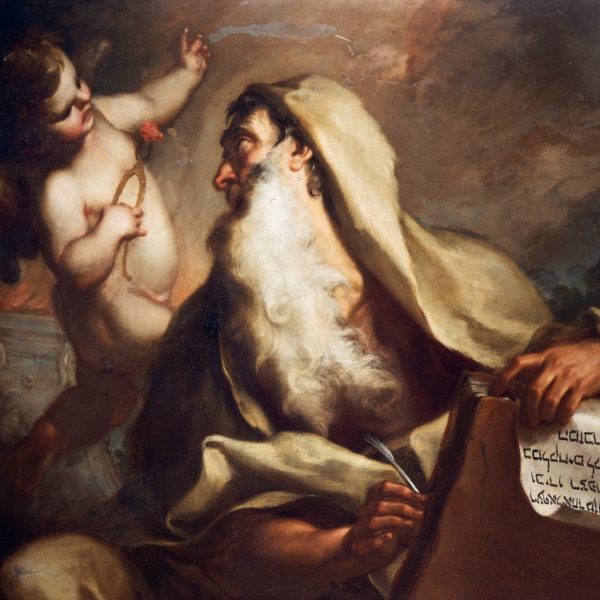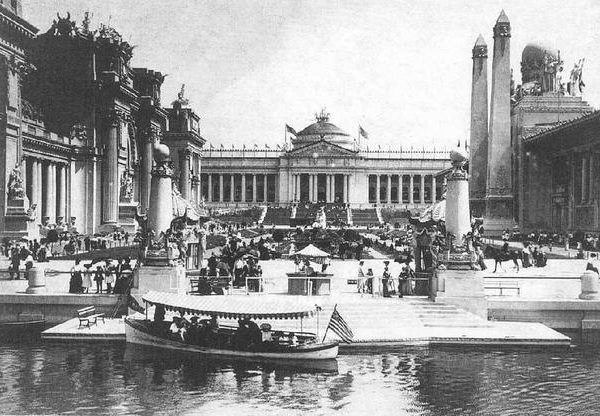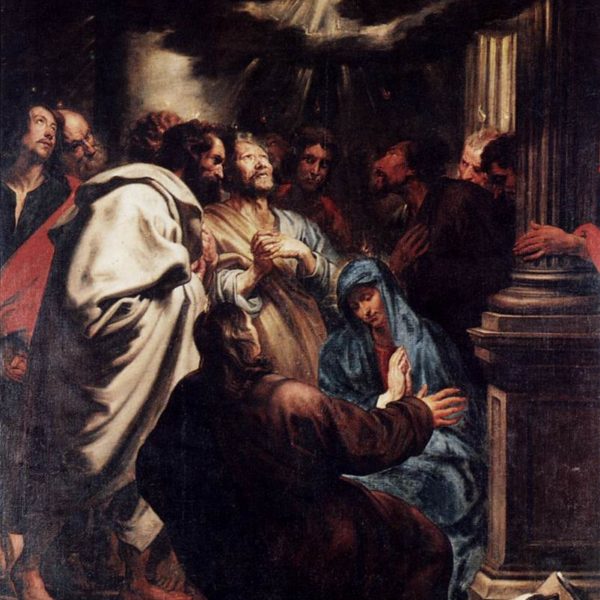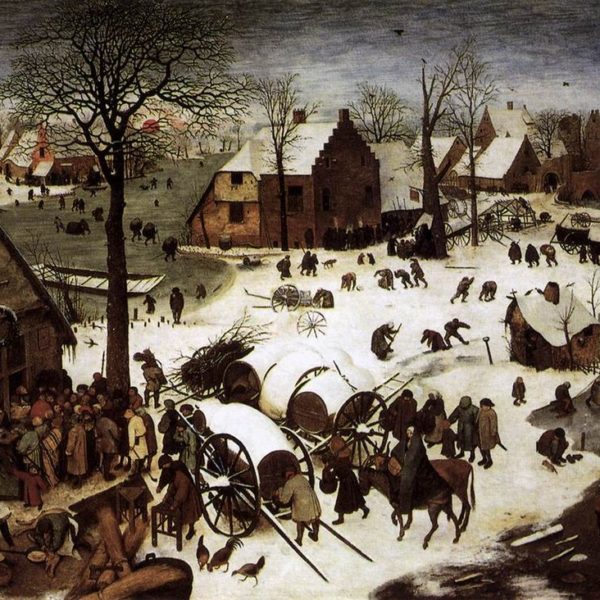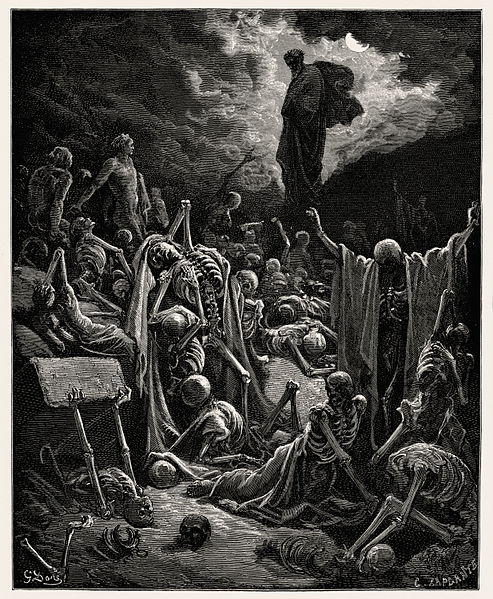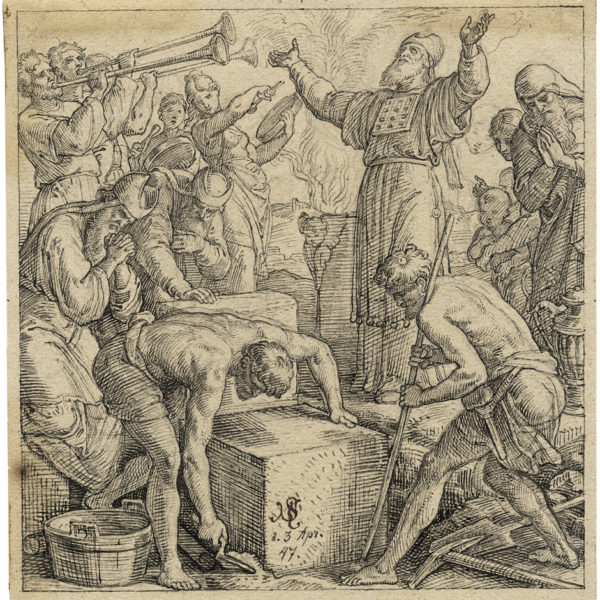
Christian political witness must be built around and declare Christ as the great eschatological stone laid by God. He must either be approached as the stubborn obstacle, arresting the development of all idolatrous political visions, or as the chief cornerstone, the sure and solid basis from all else can take its bearings.

King David’s actions in taking Bathsheba provide a shocking and illuminating case study in the behavior and psychology of impunity. The prophet Nathan’s employment of parabolic misdirection in his exposure of David’s sins suggests an effective manner in which such impunity can be confronted.

What the world needs is not another group of people scrambling for advantage or clamoring for privilege, but rather a community of people engaged in acts of transcendence that move beyond the interests of the self towards the furtherance of the common good. That will only happen when the church tells the truth about how and why it was so chosen by God and re-orders its practices accordingly.
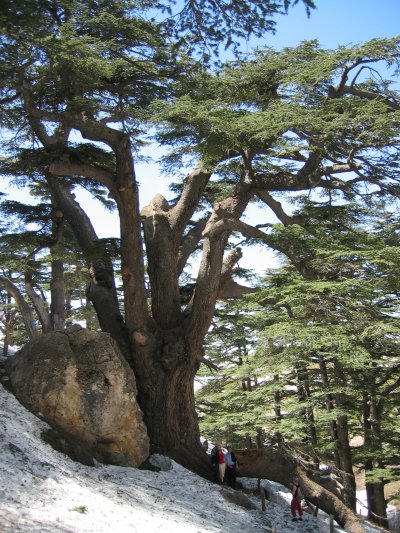
Isaiah 35:1-10 is a hopeful final statement to First Isaiah. Bringing together images of nature leading the way into a new world and release from political oppression, it continues to resonate in our contemporary situation.
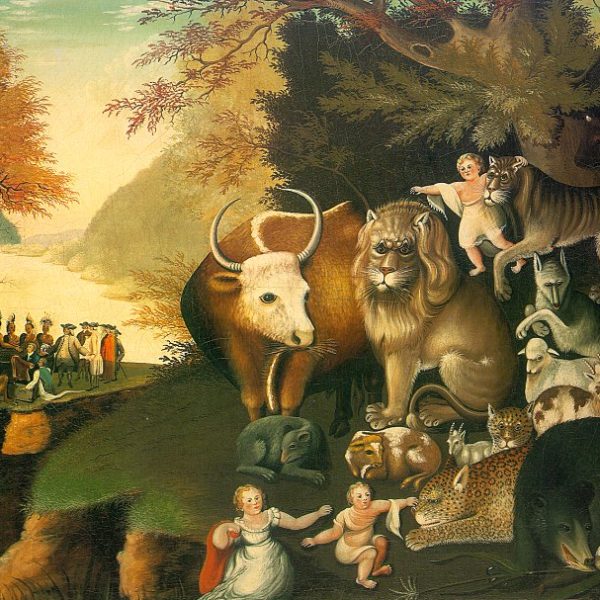
In Isaiah’s prophecy a young child serves as a sign puncturing the gloom of a dark political situation. The use of infants and young children to draw attention to God’s future within the book of Isaiah has significance for our own political visions. In regarding the sign of our children we can accomplish an existential turn from a politics driven by the selfish interests of our own generation to one of responsibility and hope for the well-being of those to come.
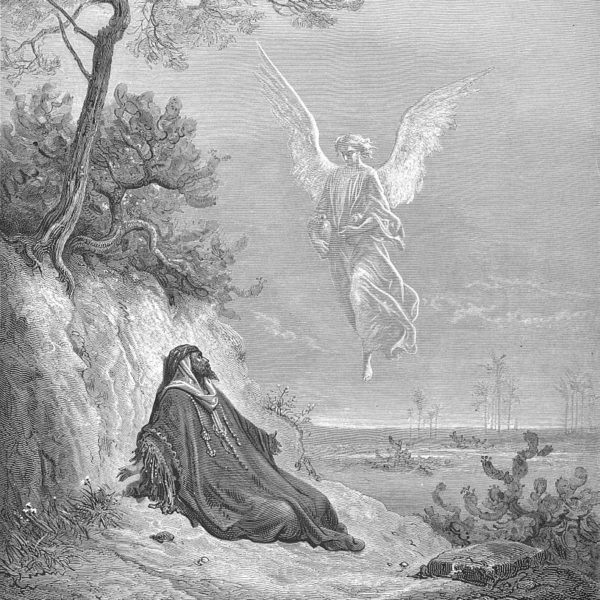
Elijah’s ministry takes place during the reign of king Ahab in the 9th century BC. The narrative about the prophet is expressly political. It depicts a political dissident who speaks against the powers of his day, with the main focus on promoting the worship of Yahweh and fighting against the worship of Baal. The prophet’s actions must be understood against a wider Near Eastern context where religion was completely intertwined with politics and where Yahweh was the national god of the Israelites.
